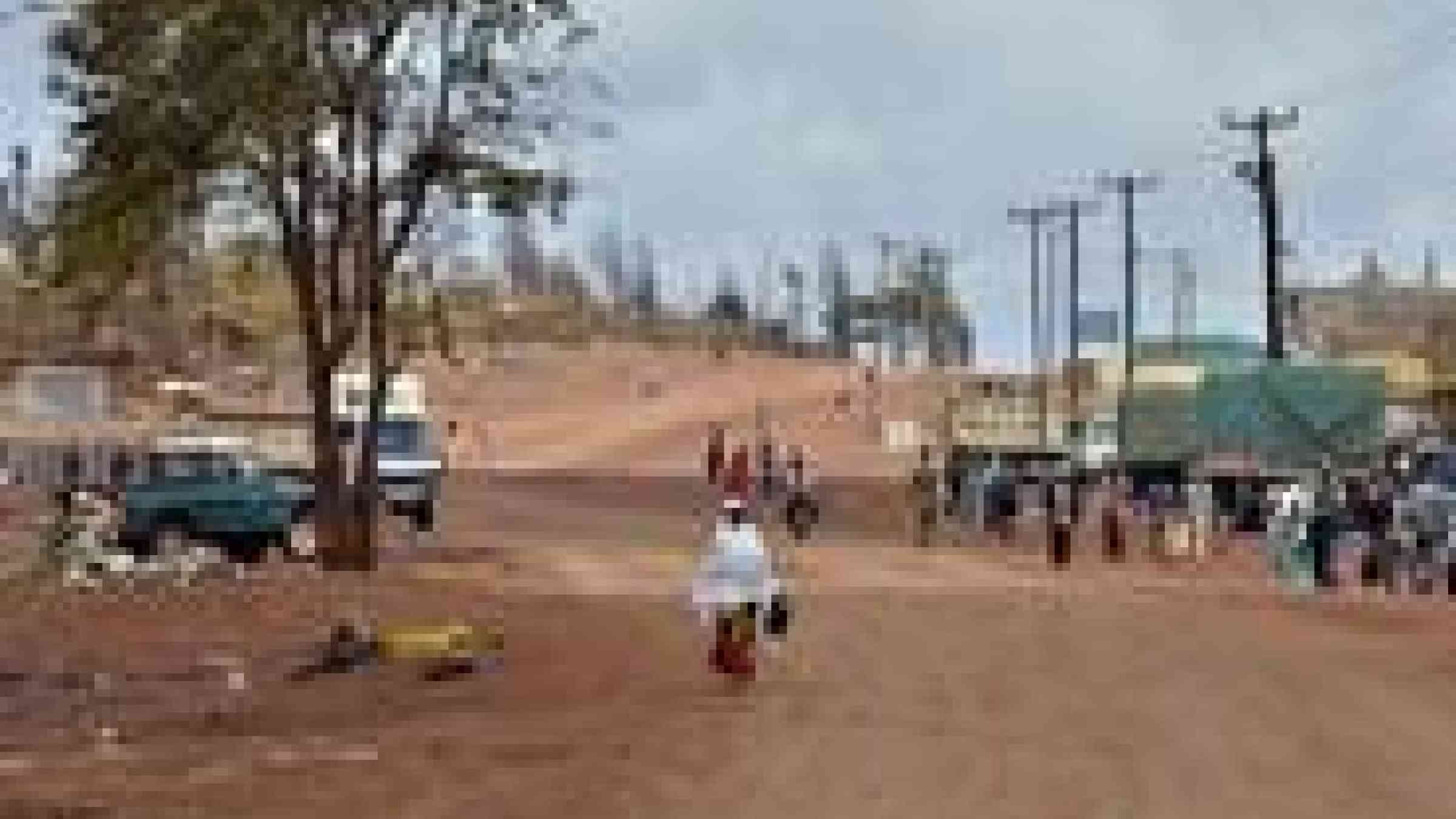IFRC: Weather extremes and disaster - betting with the odds

Opinion Piece by Bekele Geleta, IFRC, Secretary General
Geneva - Poker players like to say that if you “bet with the odds” you’ll come out ahead in the end. The trick is to know what the odds are.
For over two decades, scientists have been getting better at calculating the odds of us seeing more climate-related problems such as floods, drought, heatwaves, plagues and storms.
A new report by IPCC specialists of which a summary was released in the Ugandan capital, Kampala, on 18 November helps understand the odds and prepare for them. The “Special Report on Managing the Risks of Extreme Events and Disasters to Advance Climate Change Adaptation” (SREX) focuses on the interaction of climatic, environmental and human factors behind disasters, as well as options for managing risk and the importance of non-climatic factors.
The report dovetails with the observations of ordinary people the world over about “funny weather”. In line with this, professional humanitarian organizations see in the statistics on their own operations a significant increase in weather-related disasters, like the current drought in the Horn of Africa and floods in Pakistan, Thailand and Cambodia.
Of course no one disaster can be attributed to climate change – the weather always incorporates an element of chance – but we are clearly witnessing a world of rising risks.
Sir Isaac Newton understood that when the stalk of a ripe apple snaps, it will – with 100 per cent certainty – fall to the ground. Climate science is not quite like that; it’s about probability, trends, averages, and informed interpretation and prediction – not least by humanitarian organizations that pick up the pieces after a catastrophe. They must be prepared to adapt to the new reality of climate change, the outline of which is sketched by the projections, understanding the odds to be able to render assistance where it is needed most.
To some degree or other, all over the world, they are doing just that.
For us, one aspect of that adaptation is smarter disaster-response, based on better preparedness and anticipation of what humanitarian assistance is needed where. But even more important is a new emphasis on risk: helping communities reduce the impact of disasters, map the hazards they face, set up local early-warning systems and shelters to take refuge in, clear storm drains, and even change agricultural practices. These solutions have all proved to be highly cost-effective. At the local level, we have been listening to communities to better prioritize our actions, allowing them to identify vulnerabilities and capacities.
Climate change now brings a new challenge: past experience is no longer the best guide to the risks facing communities in the future. But there clearly are trade-offs: humanitarian organizations cannot afford to stock emergency supplies for all potential disasters in all vulnerable places, and we cannot help all communities deal with all the potential risks they may face, however improbable.
So in a world of scarce resources, how can we hit a moving target? Do we plan for a flood or a drought? Will the sea encroach by 20 metres this year as it did last year, for example, along a stretch of Colombia’s Caribbean coast.
Meeting the challenge of managing of extremes is a vital component in adaptation to climate change. But to date there has been no one-stop-shop assessment of experience in the real-time managing and reducing of risk arising from changing extreme-events. The SREX report is an important milestone in getting to grips with the new odds.
The report directs us toward improved early-warning systems over longer time periods based on science. Humanitarian organizations and government agencies should facilitate understanding of that science, and resources should be made available to help particularly the most vulnerable people protect themselves and their livelihoods against the new risks.
Such efforts make a real difference in people’s lives and help reduce human suffering in times of crisis. To maximize humanitarian effectiveness we have little choice but to bet with the odds: SREX will help.